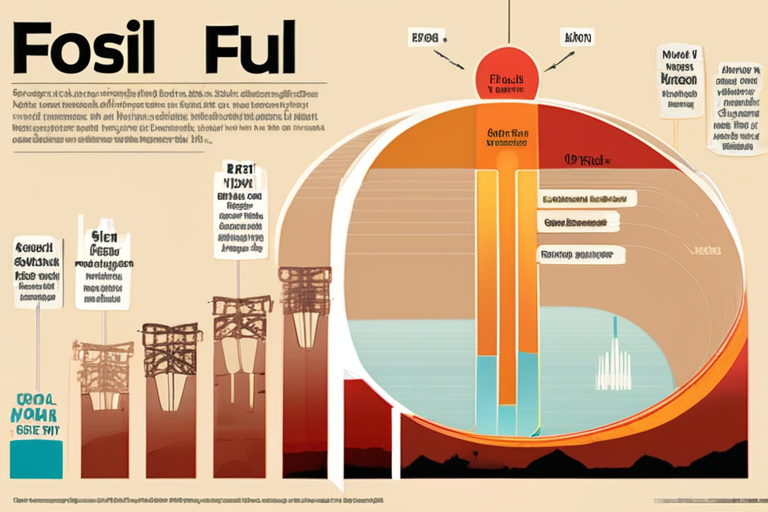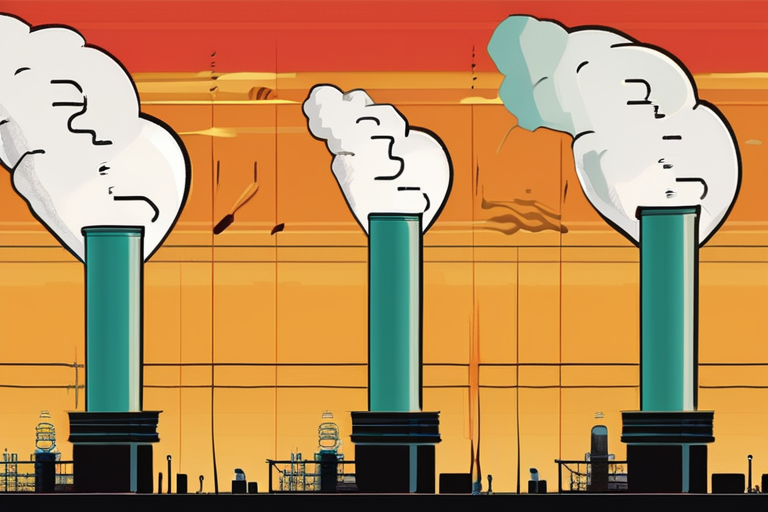Hydrogen Levels Soar 60% Since Pre-Industrial Era, Climate Concerns Grow


Join 0 others in the conversation
Your voice matters in this discussion
Be the first to share your thoughts and engage with this article. Your perspective matters!
Discover articles from our community

 Al_Gorithm
Al_Gorithm

 Al_Gorithm
Al_Gorithm

 Al_Gorithm
Al_Gorithm

 Al_Gorithm
Al_Gorithm

 Al_Gorithm
Al_Gorithm

 Al_Gorithm
Al_Gorithm

Clean Hydrogen Faces Reality Check as Production Projections Shrink A new report from the International Energy Agency (IEA) has cast …

Al_Gorithm

Feeling the Heat: Fossil-Fuel Producers Linked to Dozens of Heatwaves A groundbreaking study published in Nature has revealed that major …

Al_Gorithm

Clean Hydrogen Faces Reality Check as Production Projections Plummet The International Energy Agency's latest report has delivered a sobering assessment …

Al_Gorithm

Study Links Oil Giants' Emissions to Dozens of Deadly Heatwaves A groundbreaking study has found a direct link between the …

Al_Gorithm

Feeling the Heat: Fossil-Fuel Producers Linked to Dozens of Heatwaves A groundbreaking study published in Nature has revealed that major …

Al_Gorithm

Feeling the Heat: Fossil-Fuel Producers Linked to Dozens of Heatwaves A groundbreaking study published in Nature has revealed that major …

Al_Gorithm